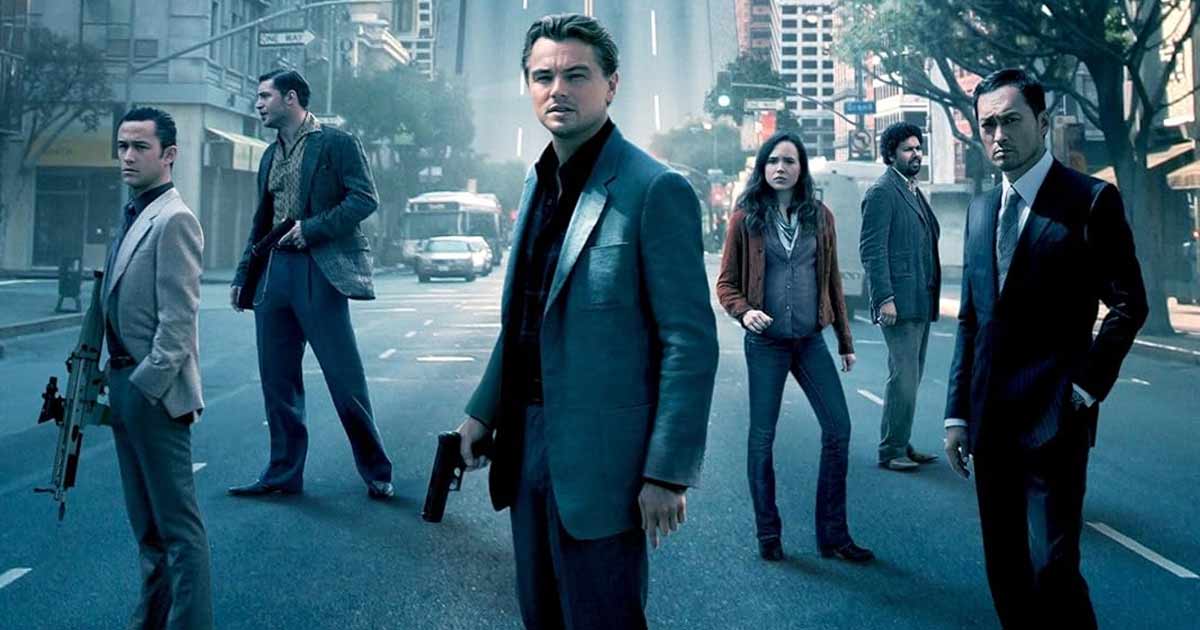It’s been over a decade since Inception hit screens, but the movie’s final shot still haunts us. That heart-numbing moment—Cobb’s spinning top—lingered in our minds long after the credits rolled. Did it topple? Was it real? Or were we trapped in a dream like Cobb himself? The debates raged, with viewers lighting up metaphorical cigarettes and diving deep into every frame for answers.
First, let’s get into the nitty-gritty. The Inception final act starts with Cobb and his crew navigating the layered dreamscape crafted by their chemist, Yusuf. The mission? Plant an idea in Fisher’s head to dismantle his father’s empire, all while avoiding the projection of Cobb’s deceased wife, Mal. As if that weren’t enough, Mal shows up, and chaos ensues—Fisher gets shot, and the team has to dive into limbo to rescue him. It’s like a dream within a dream, but instead of comfort, there’s an emotional showdown between Cobb and Mal, which serves as a twisted therapy session.
Once they pull off the rescue mission, Cobb is finally free to return to L.A., and his father-in-law Miles (Michael Caine) waits at the baggage claim. But before he can hug his kids, he spins his totem—a top once owned by Mal. It keeps spinning as the camera cuts to black, leaving us in a state of collective freak-out. Was this reality or another layer of the dream? Theories flew like confetti, with some suggesting that the true totem is Cobb’s wedding ring, which he’s wearing in the final scene. But did we miss the more significant question?
Trending
The real crux of the ending isn’t whether the top tips over; it’s whether we can trust Cobb’s perspective. This is his journey, after all. Throughout Inception, Cobb wrestles with guilt over Mal’s death and his role in her mental decline. The lines blur between what’s real and what’s a construct of his fractured psyche. Early in the film, he tells Saito (Ken Watanabe) that the most resilient parasite is an idea, and this idea reverberates throughout the movie. It plants a seed of doubt—can we trace the genesis of Cobb’s reality?
The narrative hints at Cobb’s unreliability. He’s slippery, often contradicting his own rules about dream manipulation. Remember when Arthur (Joseph Gordon-Levitt) questions the “Mr. Charles” gambit? “Didn’t Cobb say never to do that?” he asks, highlighting how Cobb’s judgment is as questionable as his reality. This trust issue is critical to understanding the ending.
As the film wraps up, we see Cobb finally free of his burdens, embraced by his children. But hold up—didn’t they look frozen in time, like snapshots from his memories? The unanswered questions hang heavy. Did he truly let go of Mal, or is he still wrestling with the guilt of his past?
Inception isn’t just a heist film; it reflects Cobb’s psyche. Dreams help us process feelings and thoughts, and for Cobb, this dream might just be his way of coping. He’s in a sacred space of his own making, navigating the depths of his mind. So, was he home, or was it all just a dream? That’s the twist we might never fully decode.
If you want to relive that journey, Inception is available to rent on Amazon Prime Video. Buckle up for another mind-bending ride!
For more such updates, check out Hollywood News.
Follow Us: Facebook | Instagram | Twitter | Youtube | Google News
The post Inception’s Mind-Bending Ending Finally Decoded: Are We Still Stuck In The Dream? appeared first on Koimoi.


